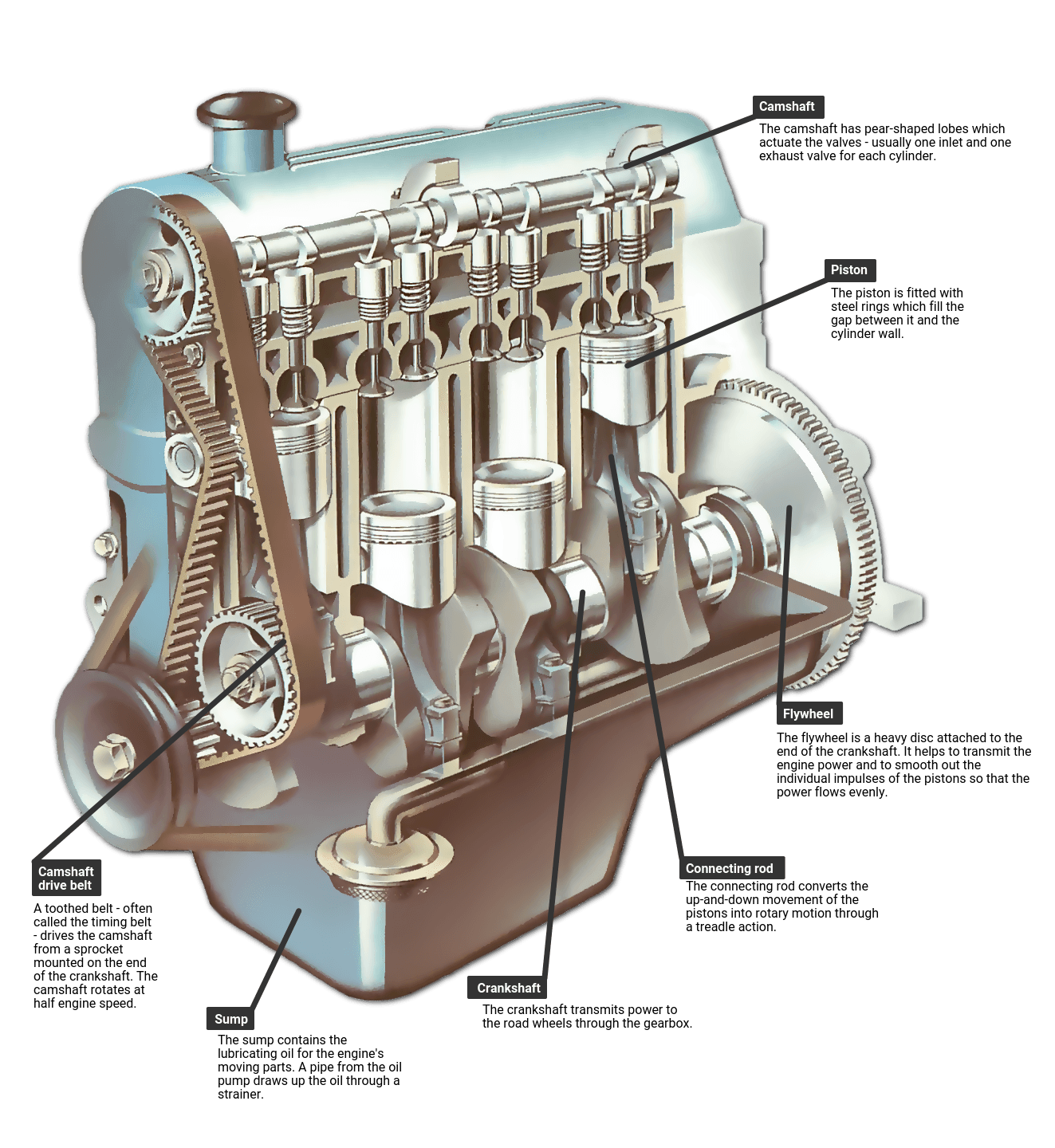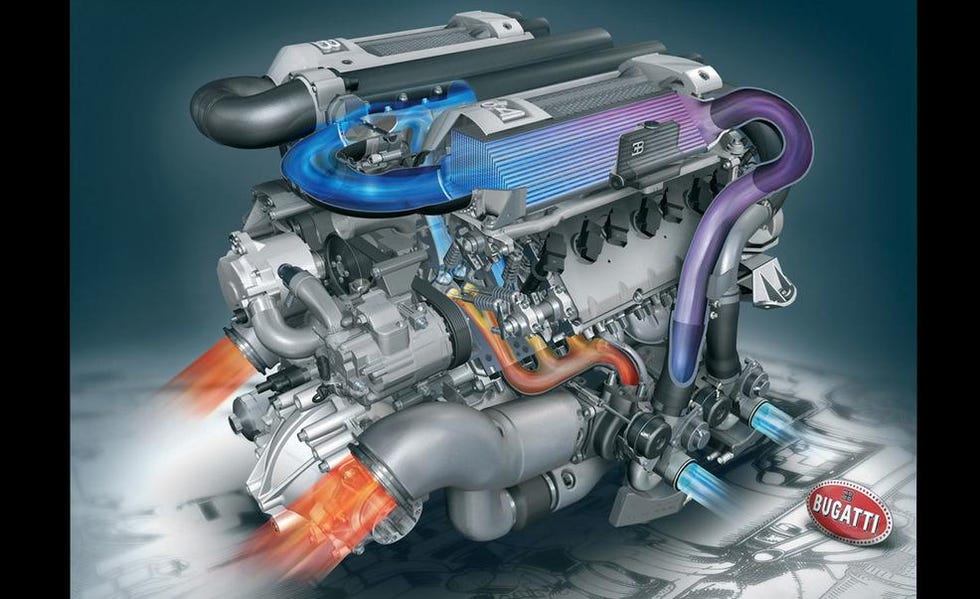Guaranteeing Long-Term Performance with Engines For Africa Products
Guaranteeing Long-Term Performance with Engines For Africa Products
Blog Article
Check Out a Vast Array of Engines for every single Lorry and Objective
The vehicle landscape is progressively complex, with a varied variety of engine types made to fulfill particular performance and performance demands across different vehicle groups. Furthermore, sturdy engines serve the demands of work lorries, while green alternatives are acquiring traction in the search of sustainable transport.
Sorts Of Automotive Engines
Automotive engines can be classified right into several distinctive types, each created to fulfill particular efficiency and efficiency demands. One of the most typical groups include interior burning engines, electrical engines, and hybrid systems.

Electric engines, on the other hand, run on electrical power stored in batteries, supplying instant torque and no emissions. These engines are ending up being increasingly prominent as a result of developments in battery modern technology and the growing emphasis on sustainability.
Crossbreed systems incorporate both internal combustion and electrical engines, enabling automobiles to enhance gas effectiveness and lower discharges by effortlessly switching in between power resources. Each engine type presents its disadvantages and advantages, affecting variables such as vehicle style, meant usage, and market need. Understanding these differences is vital for suppliers and consumers alike when picking the appropriate engine for their particular requirements.
Performance Engines for Sports Cars
Efficiency engines for cars are particularly engineered to provide boosted power, speed, and dexterity, setting them aside from basic automobile engines. These engines typically utilize advanced technologies such as turbocharging, turbo charging, and variable shutoff timing to make the most of efficiency and responsiveness.
Generally, performance engines are made with greater compression ratios, which enable greater power removal from fuel. This results in remarkable horse power and torque figures, enabling quick acceleration and higher full throttle. The light-weight products utilized in these engines, such as light weight aluminum and carbon fiber, add to lowered overall vehicle weight, boosting handling and maneuverability.
Engine arrangements like V6, V8, and even hybrid systems prevail in efficiency cars, each offering distinct advantages in terms of power distribution and driving characteristics. The tuning of these engines is likewise essential; several producers optimize the engine administration systems to provide an exhilarating driving experience, usually consisting of sport settings that change throttle reaction and gear changes.
Effective Engines for Daily Commuters
In the world of daily travelling, reliable engines play an important duty in enhancing gas economic situation and reducing exhausts while giving reputable efficiency. As urban populations grow and ecological problems magnify, the demand for vehicles equipped with reliable powertrains has surged.
Modern engines designed for everyday commuters usually integrate modern technologies such as turbocharging, direct fuel injection, and hybrid systems. Turbocharging improves engine effectiveness by compeling even more air into the combustion chamber, allowing for smaller sized, lighter engines that do not compromise power output. Direct gas shot boosts fuel atomization, bring about much better combustion and raised efficiency.
Hybrid engines, integrating inner combustion with electric power, additional why not try this out boost gas economy, specifically in stop-and-go traffic, where standard engines can struggle with inadequacies. Electric motors assist throughout acceleration and can operate independently at reduced rates, reducing overall fuel consumption.
Additionally, developments in engine monitoring systems and lightweight materials add dramatically to reliable engine layout. By concentrating on efficiency, toughness, and environmental sustainability, manufacturers continue to provide engines that not just fulfill the needs of day-to-day travelling yet likewise align with international efforts to minimize carbon footprints.
Heavy-Duty Engines for Job Automobiles
Durable engines for work automobiles are routinely engineered to deliver extraordinary torque and integrity under demanding conditions. These engines are created to do in environments where standard engines might falter, such as building websites, logging procedures, and agricultural settings. The primary focus of durable engines is their capacity to produce high degrees of power while keeping resilience over prolonged durations of procedure.
Generally, durable engines use sophisticated materials and durable building and construction strategies to withstand the roughness of heavy work. Attributes such as enhanced cylinder blocks, boosted cooling systems, and advanced gas injection modern technologies add to their effectiveness. These engines typically run at reduced RPMs, which helps to enhance gas effectiveness while providing the needed power for carrying and hauling.
Along with mechanical effectiveness, sturdy engines are often equipped with innovative electronic control systems (ECUs) that manage performance, emissions, and diagnostics. This assimilation enables much better monitoring and maintenance, making sure that work cars remain reliable and operational.
Eventually, durable engines are a necessary component in the efficiency of various sectors, offering the necessary power and reliability to tackle the toughest of jobs.
Eco-Friendly Engine Options
The expanding emphasis on sustainability has brought about the advancement of eco-friendly engine options that prioritize decreased emissions and improved fuel efficiency. These engines are designed to minimize the ecological effect of automobiles while still delivering the performance and reliability anticipated by customers.
Among the most noteworthy environmentally friendly choices are hybrid and electric engines. Crossbreed engines integrate conventional internal burning engines with electrical propulsion, enabling decreased fuel intake and reduced greenhouse gas this article emissions. Electric engines, on the other hand, run completely on battery power, producing absolutely no tailpipe discharges and contributing to cleaner air quality.
Another encouraging advancement is the advancement of biofuel engines, which use renewable sources, such as plant materials, to power lorries (Engines For Africa). By utilizing biofuels, these engines can decrease dependence on nonrenewable fuel sources and reduced overall carbon impacts

As the vehicle industry progresses, environmentally friendly engine options will certainly play an essential duty in driving the shift towards even more sustainable transport solutions.
Verdict
From high-performance engines that enhance sporting activities auto capabilities to effective versions prioritizing gas economy for everyday travelers, each kind offers a details function. Durable engines provide to robust work automobiles, while eco-friendly options, such as electric and biofuel engines, promote sustainable transport.

Report this page